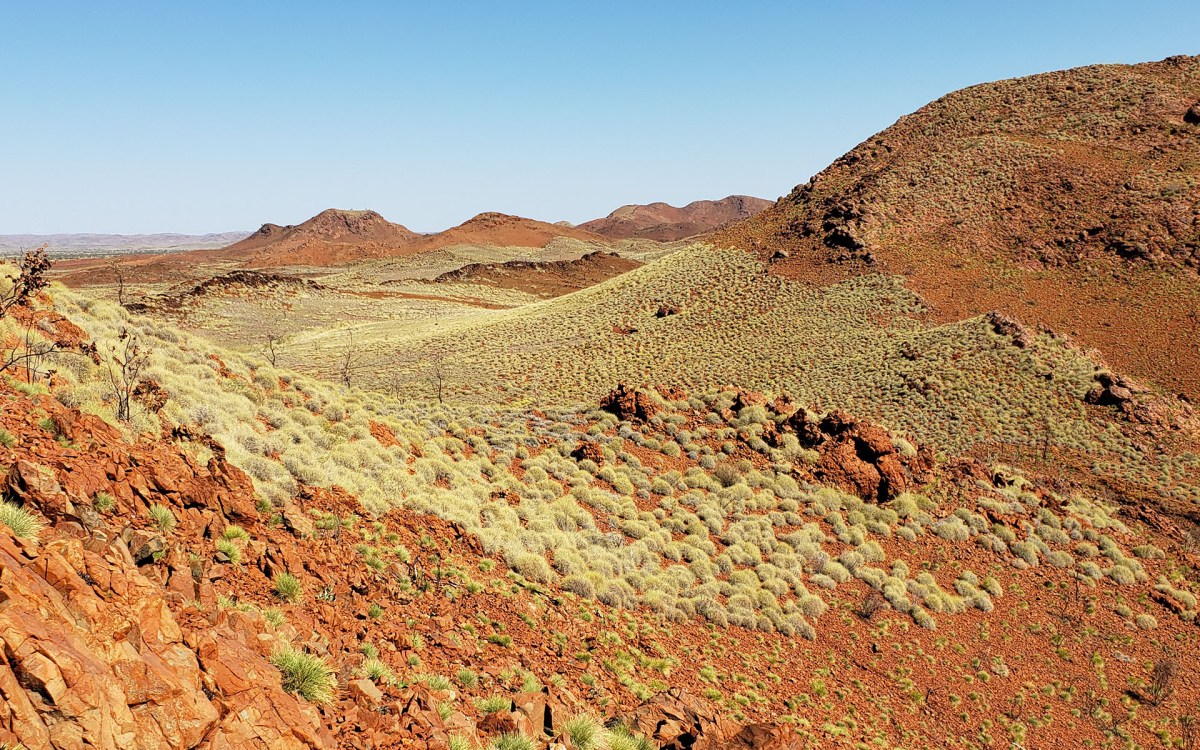HDS, HKS Initiative will study religion, conflict, peace

Religious Literacy Project director Diane Moore. Photo by Harvard Divinity School
Religion is a powerful influence on human affairs, nowhere more visibly than in its capacity to help both ignite and resolve conflict. Now a new collaboration between Harvard Divinity School and Harvard Kennedy School will enable scholars to study the role that religious communities play in violent conflict—and in promoting sustainable peace.
Funded by Ramez Sousou ’85, M.B.A. ’92, and his wife Tiziana and part of the One Harvard Sustainable Peace Initiative, the new Religion, Conflict, and Peace Initiative (RCP) will bring together HDS’ Religious Literacy Project (RLP) and initiative on Religions and the Practice of Peace with HKS’ Middle East Initiative. HDS Dean David N. Hempton says that the program’s cross-faculty approach will produce new insights for leaders in the field of conflict resolution.
“Religious conflicts are inherently complex,” Hempton says. “Even the experts misunderstand all of the ways that religion shapes and is shaped by politics, economics, history, geography, and many other factors that engender and sustain violence. RCP will leverage the interdisciplinary expertise of both HDS and HKS in ways that will create new knowledge for policy makers and peace builders around the world. We are eager to embark on this important work.”
RLP Director Diane L. Moore says that, in addition to research, the pilot project will fund a January term course in the Middle East, fellowships for professionals from that region, summer internships and fellowships for graduate students, a full-year HDS-HKS course sequence, symposia and public events, and new resources for the Religion, Conflict, and Peace massive open online course on the HarvardX platform.
“I am enormously excited about this initiative and the opportunities it will provide for students across Harvard University to learn from and engage with professionals throughout the region from a variety of sectors,” Moore says. “I’m also thrilled with the opportunity to work with colleagues at the Kennedy School as we shape this initiative with our Middle East partners. We’re all excited about the possibilities for just peacebuilding that this collaboration will enable and inspire.”
Moore’s collaborators at HKS—Sultan of Oman Professor of International Relations Tarek Masoud, and Hilary Rantisi, Director of the Middle East Initiative—share her enthusiasm. Rantisi says she’s looking forward to working with colleagues at HDS.
“The RCP initiative is groundbreaking for both HKS and HDS,” she says. “It will enable us to leverage the expertise and enthusiasm of faculty and staff from both Schools to prepare future leaders, advance scholarship on the region, and build bridges between academia and practice around these critical yet insufficiently studied issues. At a crucial and precarious time in contemporary global affairs, this initiative could not be more timely or urgent.”





